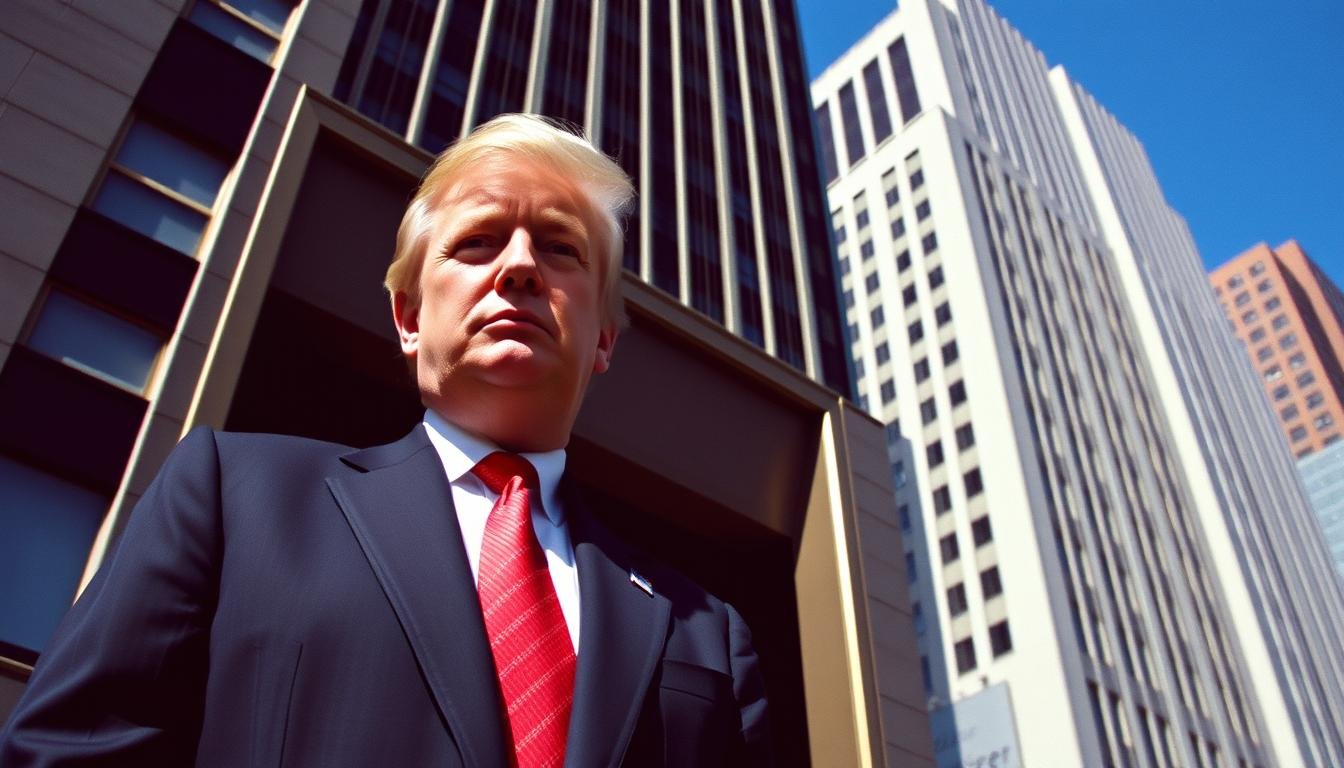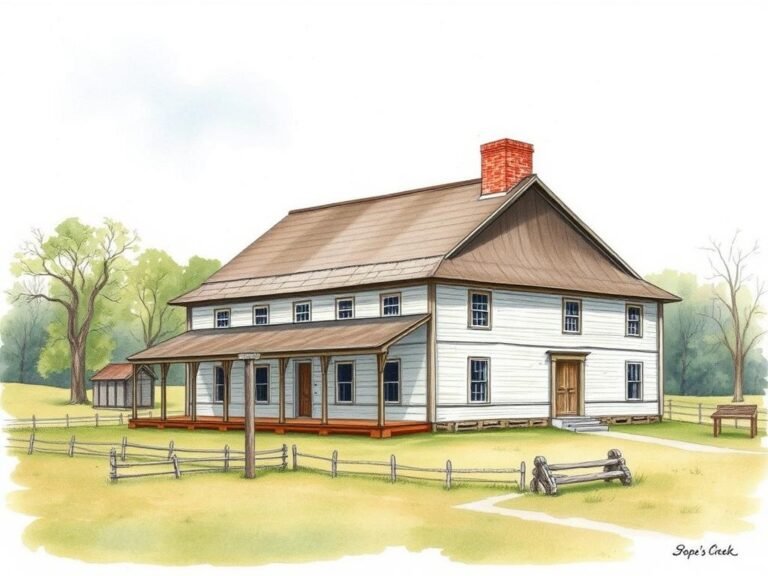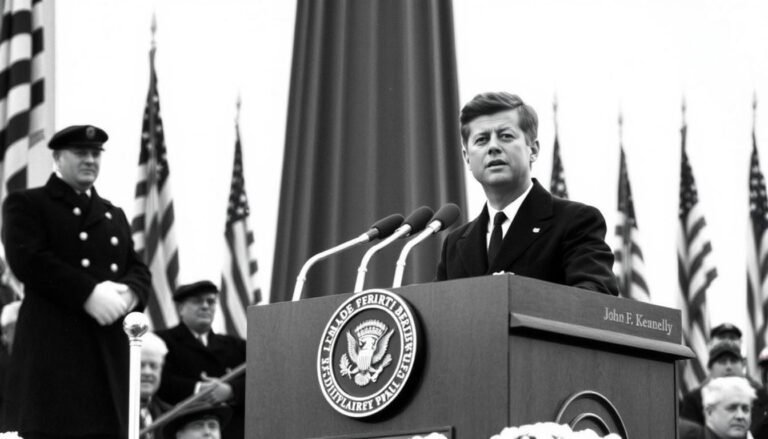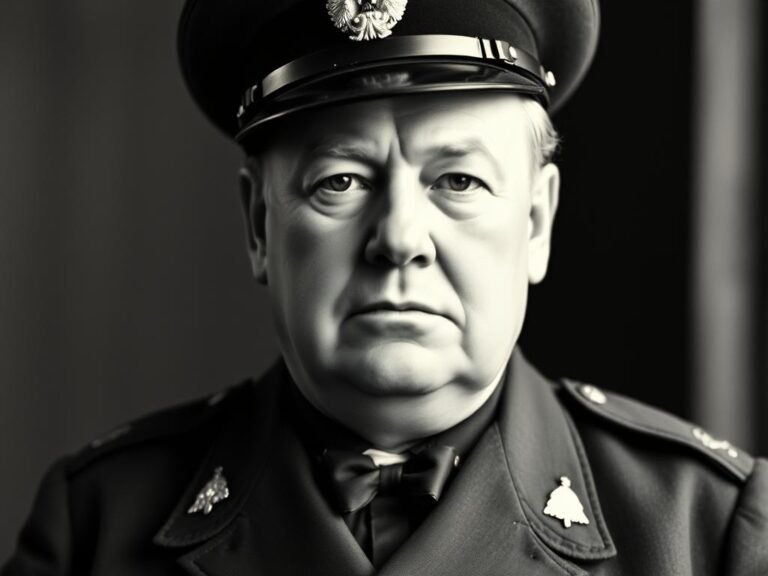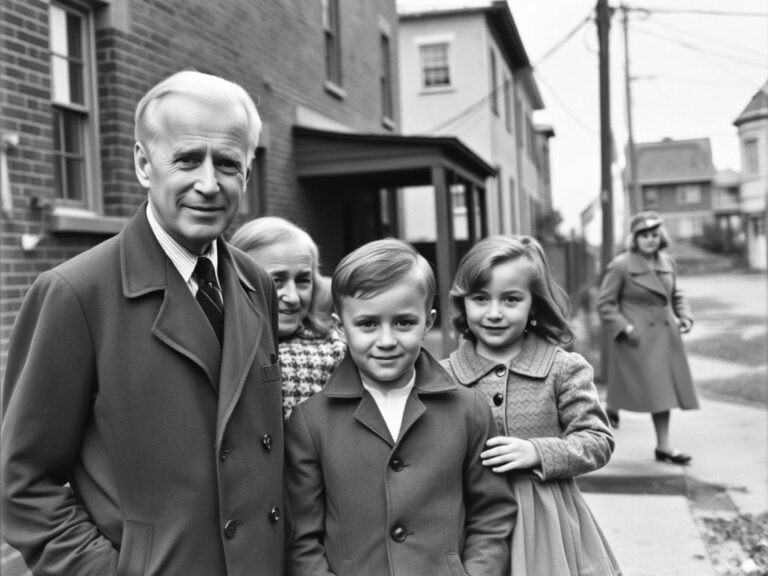Donald Trump: From Business Mogul to Reality TV Star to President
Few figures in American history have transformed themselves across such diverse spheres as Donald Trump. His journey from real estate developer to reality television personality to the 45th President of the United States represents an unprecedented career evolution. This article examines how Trump’s business acumen, media savvy, and political instincts shaped his remarkable trajectory and continues to influence American culture and politics today.
The Business Career: Building the Trump Brand
Donald Trump’s entry into the business world began in his father’s real estate company, where he learned the fundamentals of property development before dramatically expanding the family business into Manhattan and beyond.
Trump Tower on Fifth Avenue became the flagship property and headquarters of The Trump Organization
After taking control of his father’s company in the 1970s, Trump transformed it from a middle-class housing developer in Queens and Brooklyn into a Manhattan luxury real estate powerhouse. His acquisition and renovation of the Commodore Hotel (renamed the Grand Hyatt) marked his first major Manhattan success, followed by the construction of Trump Tower in 1983, which became both his corporate headquarters and personal residence.
Key Business Ventures and Strategies
- Expanded into casino development in Atlantic City during the 1980s
- Acquired the Plaza Hotel in New York for $407 million in 1988
- Developed Trump-branded properties across major U.S. cities and internationally
- Created a licensing empire, putting the Trump name on buildings he didn’t own
- Ventured into airline business with Trump Shuttle (1989-1992)
Business Controversies and Challenges
- Filed for corporate bankruptcy six times between 1991 and 2009
- Trump University faced lawsuits alleging fraud, settled for $25 million
- Multiple contractor disputes over alleged non-payment
- Controversial inheritance and tax practices revealed in New York Times investigation
- Faced discrimination lawsuits in early real estate career
Explore Trump’s Business Empire
Want to understand how Donald Trump built his fortune and the business strategies that defined his career? Our comprehensive business analysis provides deeper insights into his successes and failures.
The Television Star: Crafting a Media Persona
While Donald Trump had been a fixture in New York tabloids since the 1980s, it was his role as host of NBC’s “The Apprentice” that transformed him into a national celebrity and household name across America.
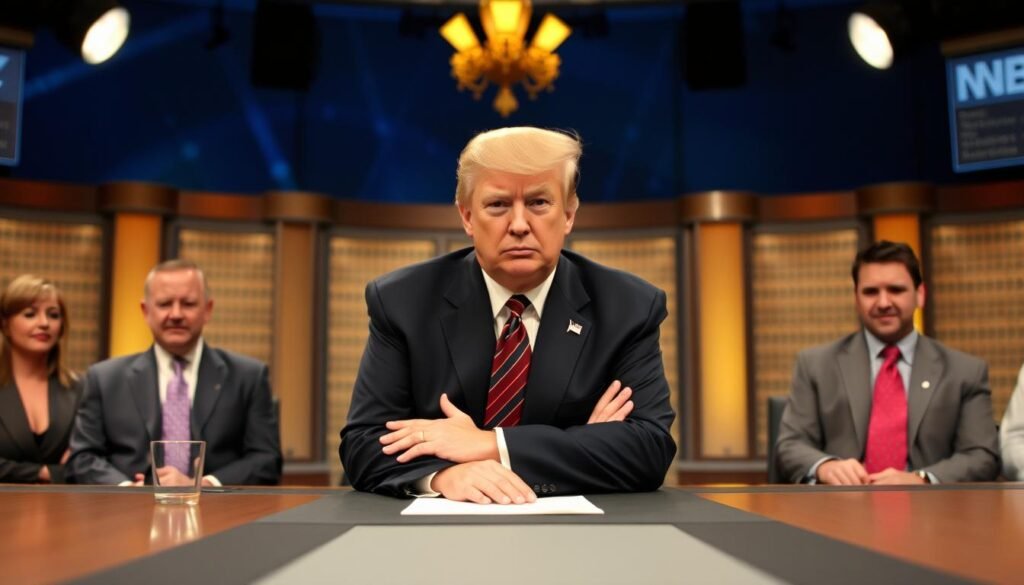
Trump’s catchphrase “You’re fired!” became a cultural phenomenon during The Apprentice’s run
Premiering in 2004, “The Apprentice” showcased Trump as a decisive, successful business tycoon who evaluated contestants through business-themed challenges. The show’s success led to a spin-off, “The Celebrity Apprentice,” further cementing Trump’s status as a media personality. The program ran for 14 seasons with Trump as host, ending only when he announced his presidential candidacy in 2015.
Television Impact and Brand Building
- Averaged 20.7 million viewers during the first season, becoming a ratings hit
- Introduced Trump’s catchphrase “You’re fired!” into popular culture
- Earned Trump approximately $214 million over 14 seasons according to financial disclosures
- Rehabilitated his public image following 1990s financial difficulties
- Created a platform for numerous product endorsements and licensing deals
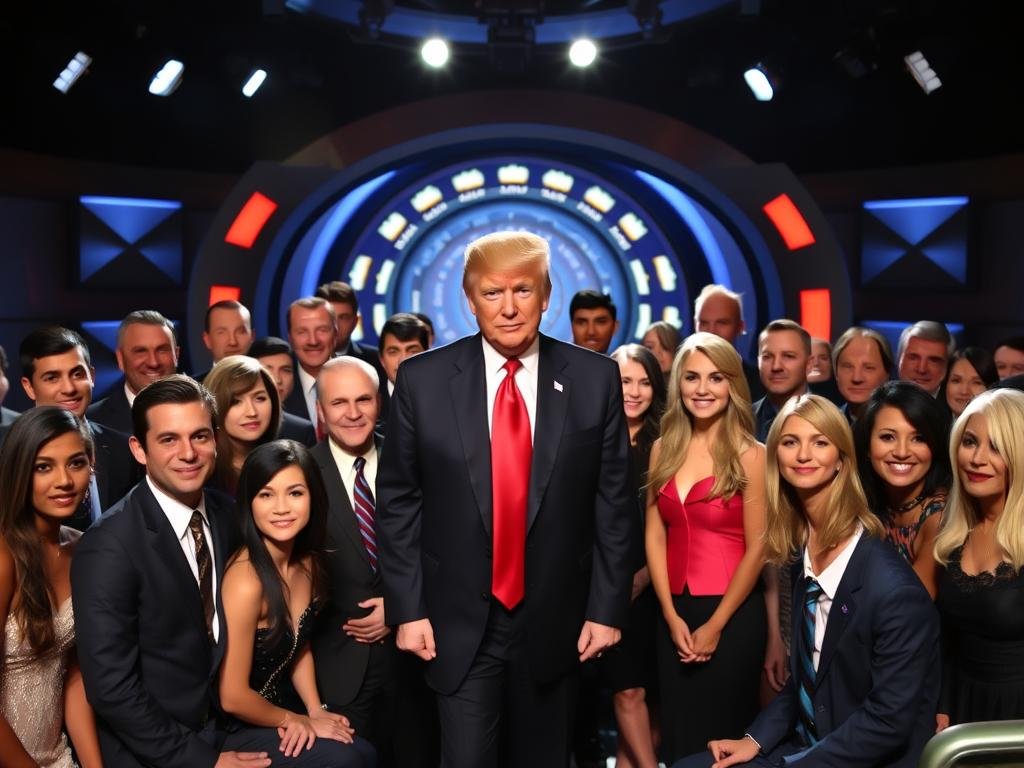
Celebrity Apprentice expanded Trump’s influence in entertainment circles
Media Presence Beyond The Apprentice
- Made cameo appearances in films and TV shows including Home Alone 2
- Hosted WWE’s WrestleMania events and appeared in wrestling storylines
- Became a frequent commentator on Fox News programs
- Published bestselling books including “The Art of the Deal”
- Maintained an active social media presence, particularly on Twitter
“I’ve always felt that a lot of modern art is a con, and that the most successful painters are often better salesmen and promoters than they are artists.”
Analyze Trump’s Media Strategy
How did Donald Trump leverage television to build his brand and prepare for a political career? Our media analysis examines his techniques and their effectiveness.
The President: Policies, Controversies, and Legacy
Donald Trump’s transition from business and entertainment to politics culminated in his victory in the 2016 presidential election, defeating Hillary Clinton to become the 45th President of the United States. His presidency was marked by significant policy changes, unprecedented communication styles, and deep political polarization.
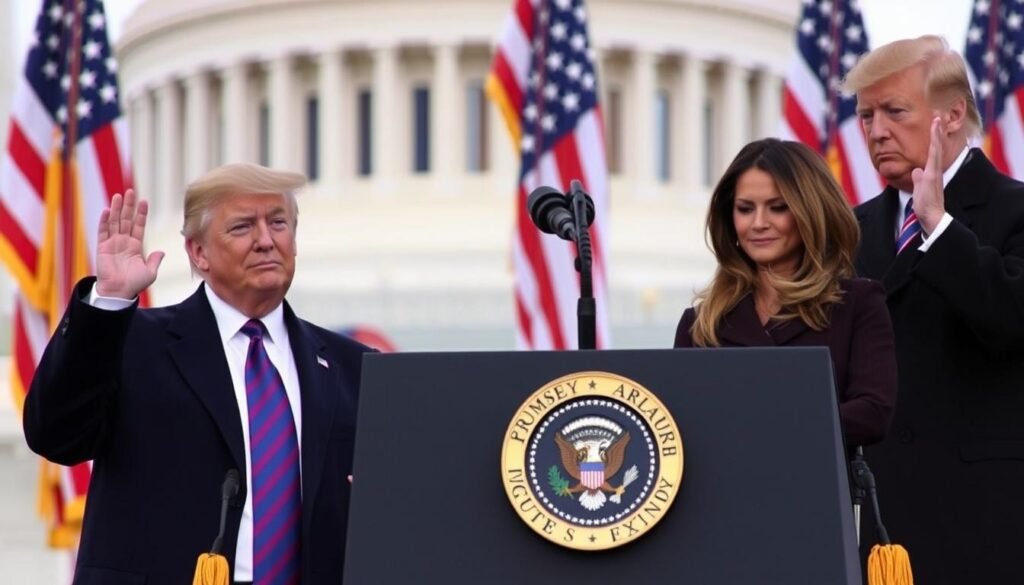
Donald Trump being sworn in as the 45th President on January 20, 2017
Trump’s unconventional path to the presidency broke numerous political norms. As the first president without prior military or government experience, he approached governance with a business-oriented mindset and communication style that directly engaged his base through social media, particularly Twitter.
Key Policy Achievements
- Passed the Tax Cuts and Jobs Act of 2017, reducing corporate tax rates
- Appointed three Supreme Court Justices: Neil Gorsuch, Brett Kavanaugh, and Amy Coney Barrett
- Negotiated the United States-Mexico-Canada Agreement (USMCA), replacing NAFTA
- Implemented significant deregulation across multiple industries
- Brokered the Abraham Accords, normalizing relations between Israel and several Arab nations
- Launched Operation Warp Speed to accelerate COVID-19 vaccine development
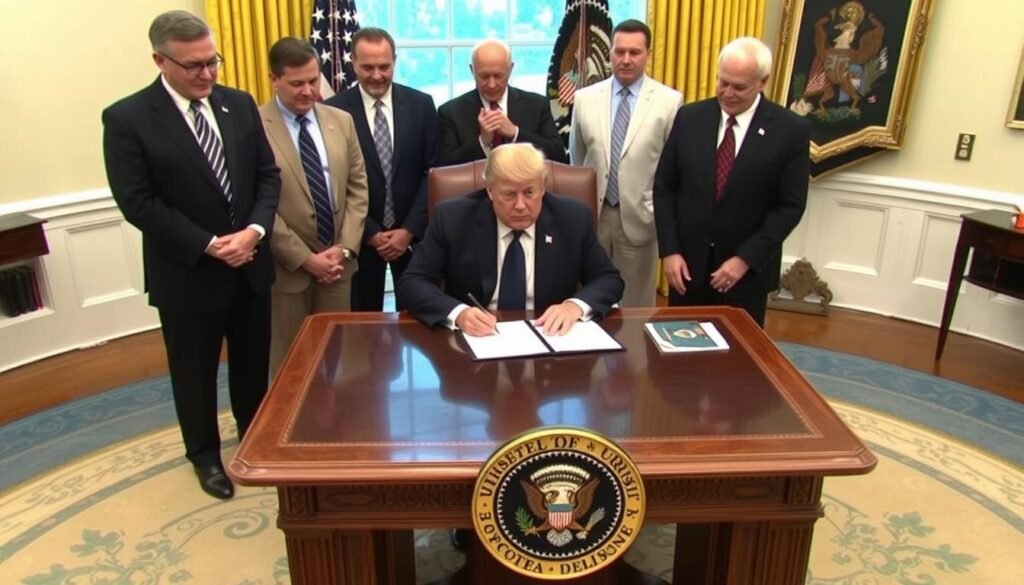
President Trump signed numerous executive orders throughout his administration
Major Controversies and Challenges
- Faced two impeachment trials, the first regarding Ukraine and the second following the January 6 Capitol riot
- Implemented controversial immigration policies, including family separation and travel restrictions
- Criticized for response to the COVID-19 pandemic, which claimed over 400,000 American lives during his term
- Disputed the 2020 election results, leading to unprecedented challenges to the electoral process
- Faced ongoing investigations regarding business practices, campaign activities, and personal conduct
Examine Trump’s Presidential Legacy
How will history judge the Trump presidency? Our in-depth analysis examines his administration’s lasting impact on American politics, policy, and society.
Post-Presidency Influence and Future
After leaving office in January 2021, Donald Trump maintained significant influence within the Republican Party and American politics. His continued political activity, legal challenges, and potential future ambitions have kept him at the center of national attention.
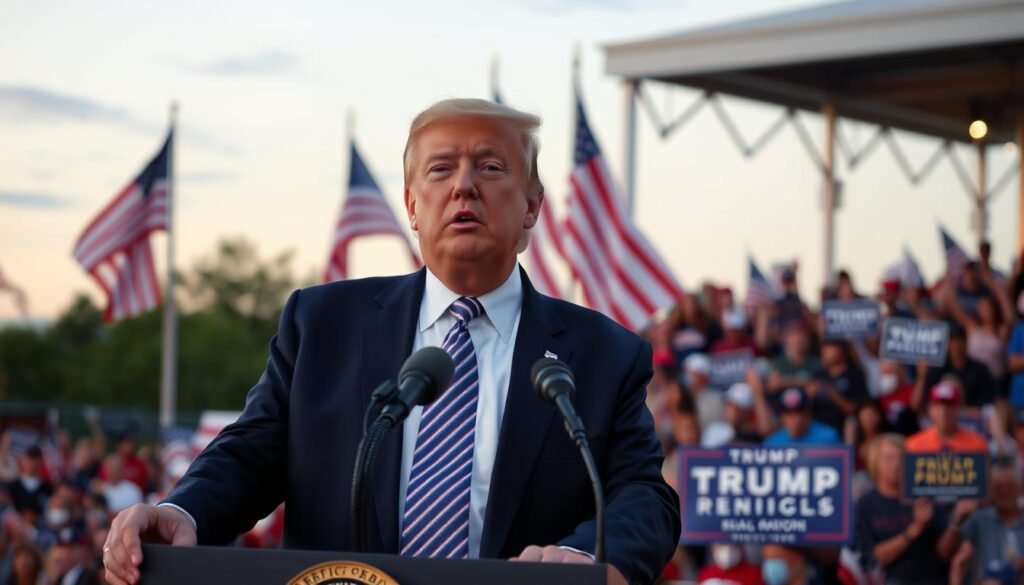
Trump has maintained an active public presence through rallies and appearances
Unlike many former presidents who step back from political life, Trump has remained deeply engaged with his base and the Republican Party. He has endorsed candidates, held rallies, launched a social media platform, and maintained his position as a kingmaker within conservative politics.
Post-Presidential Activities
- Established the Office of the Former President in Florida
- Launched Truth Social as an alternative social media platform
- Endorsed numerous Republican candidates for various offices
- Maintained residence at Mar-a-Lago resort in Palm Beach
- Published memoir “A Sacred Oath” reflecting on his presidency
Legal and Political Challenges
- Faced multiple investigations at federal and state levels
- Navigated complex legal proceedings related to business practices
- Addressed challenges within the Republican Party leadership
- Responded to ongoing congressional investigations
- Managed political positioning for potential future campaigns
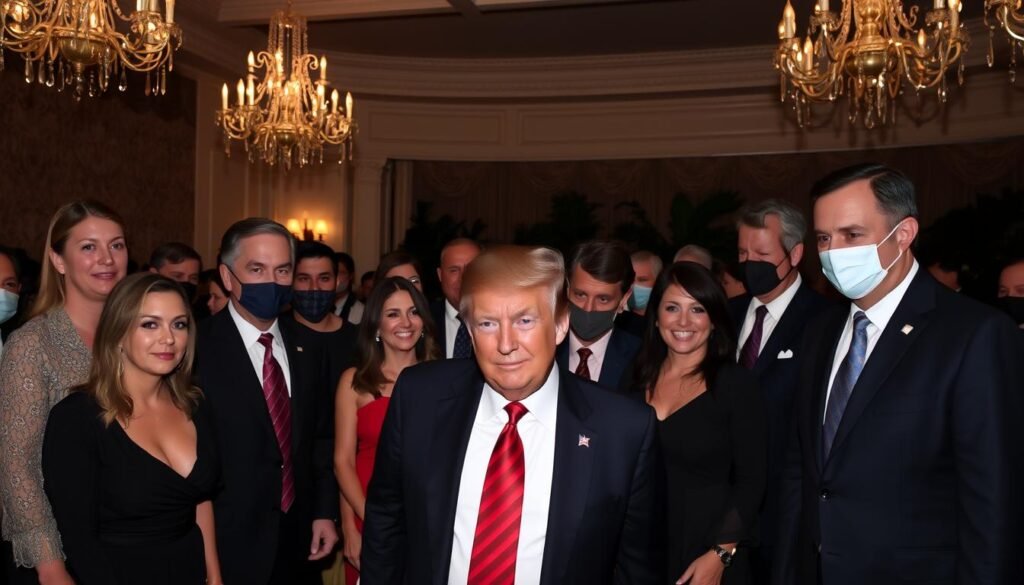
Mar-a-Lago has served as Trump’s base of operations since leaving the White House
Connecting the Three Careers: Business, Media, and Politics
Donald Trump’s three distinct career phases share common threads that help explain his unique approach to each field. His business tactics informed his media persona, which in turn shaped his political style.
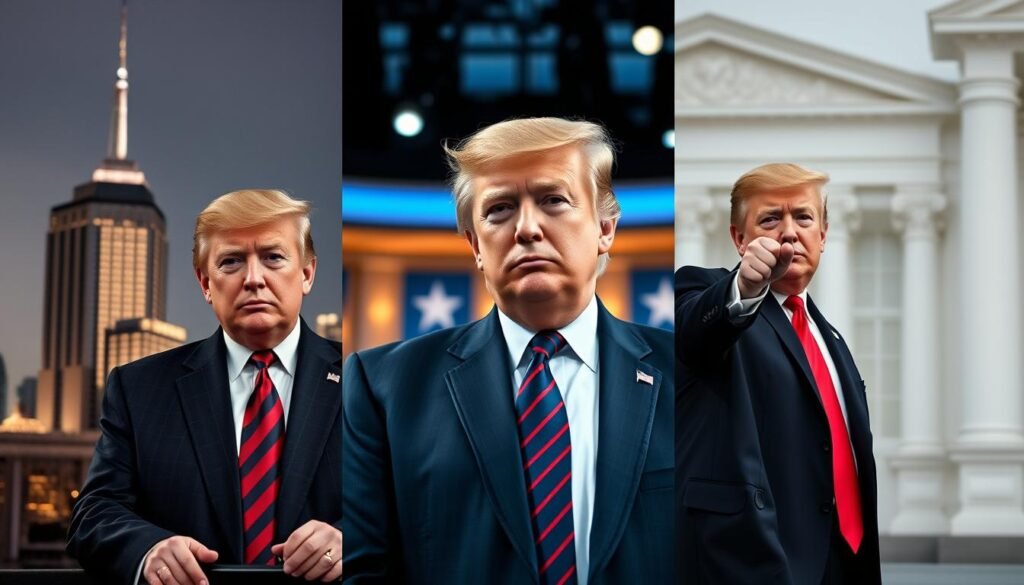
The evolution of Donald Trump across three distinct career phases
| Career Phase | Key Characteristics | Influence on Next Phase |
| Business (1968-2004) | Brand-focused, risk-taking, leveraging debt, self-promotion | Created the persona and name recognition necessary for TV success |
| Television (2004-2015) | Authoritative persona, simplified messaging, entertainment value | Built national recognition and established leadership image for politics |
| Politics (2015-Present) | Direct communication, polarizing rhetoric, outsider positioning | Transformed Republican Party and modern political communication |
Throughout each career phase, Trump demonstrated consistent traits: an instinct for publicity, comfort with controversy, brand-centric thinking, and an ability to connect with specific audiences. His business approach of bold claims and counter-punching critics transferred directly to his media career, where these traits were amplified through weekly television exposure.
The television platform, in turn, provided the national visibility and persona of decisive leadership that formed the foundation of his political appeal. His catchphrase “You’re fired!” embodied the direct, unfiltered communication style that would later define his political rhetoric.
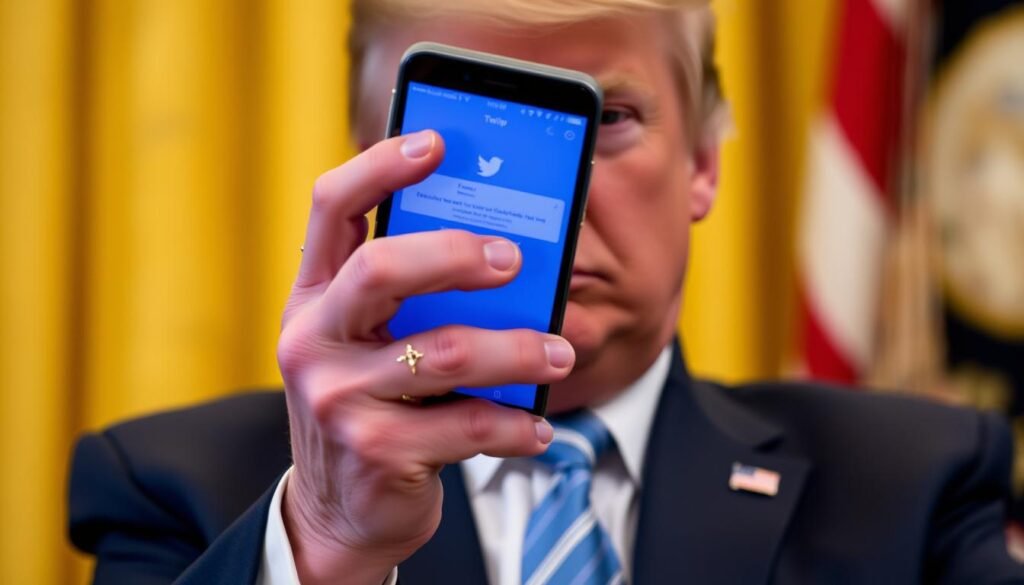
Trump’s use of social media bridged his media and political careers
Perhaps most significantly, Trump’s business background informed his political messaging around economic issues, trade deals, and international relations, which he frequently framed as negotiations requiring a dealmaker’s expertise. Meanwhile, his media experience gave him an intuitive understanding of news cycles, headline generation, and audience engagement that proved valuable in political campaigning.
Conclusion: The Trump Legacy
Donald Trump’s unprecedented journey from real estate developer to reality television star to President of the United States represents one of the most remarkable career transformations in American history. Each phase built upon the previous one, creating a unique public figure whose influence spans business, entertainment, and politics.
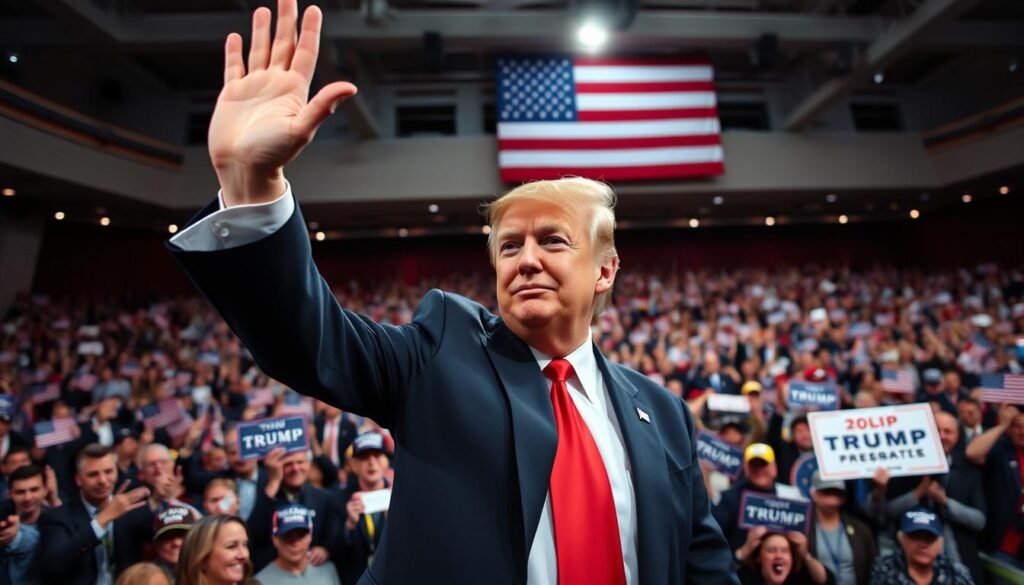
Trump’s ability to connect with supporters has remained consistent across his career phases
Whether viewed as a brilliant strategist or controversial figure, Trump’s ability to reinvent himself across different spheres demonstrates remarkable adaptability. His business approach informed his media persona, which in turn shaped his political style, creating a consistent brand that resonated with millions of Americans.
The full impact of Trump’s multifaceted career continues to unfold in American culture, business practices, media approaches, and political discourse. His unconventional path challenges traditional notions of career progression and demonstrates how skills from one field can transfer to seemingly unrelated domains.
Understand the Complete Trump Story
Want to explore all aspects of Donald Trump’s remarkable career journey? Our comprehensive analysis provides context, insights, and expert perspectives on his lasting impact.
Frequently Asked Questions About Donald Trump
What was Donald Trump’s net worth before becoming president?
Donald Trump’s exact net worth before his presidency was subject to debate. While Trump himself claimed a net worth of over billion during his 2016 campaign, Forbes estimated it at approximately .5 billion in 2015, just before his presidential run. Financial disclosures during his presidency suggested a lower figure, with some estimates placing it closer to billion.
How many seasons did The Apprentice run with Donald Trump as host?
Donald Trump hosted The Apprentice franchise for a total of 14 seasons. This included 7 seasons of the original Apprentice format and 7 seasons of Celebrity Apprentice. The show began in 2004 and Trump’s final season as host aired in 2015, ending when he announced his presidential campaign.
What were Donald Trump’s major business bankruptcies?
Donald Trump’s businesses filed for bankruptcy protection six times: Trump Taj Mahal (1991), Trump Plaza Hotel (1992), Trump Hotels and Casino Resorts (2004), and Trump Entertainment Resorts (2009). It’s important to note these were corporate bankruptcies, not personal bankruptcy filings. Trump maintained that these were strategic business decisions rather than business failures.
How did Donald Trump’s business experience influence his presidency?
Trump’s business background influenced his presidency in several ways. He approached international relations as negotiations, emphasized deregulation to promote business growth, implemented corporate tax cuts, and appointed numerous business leaders to government positions. His management style also reflected his corporate experience, with a preference for loyalty and direct communication over traditional government processes.

